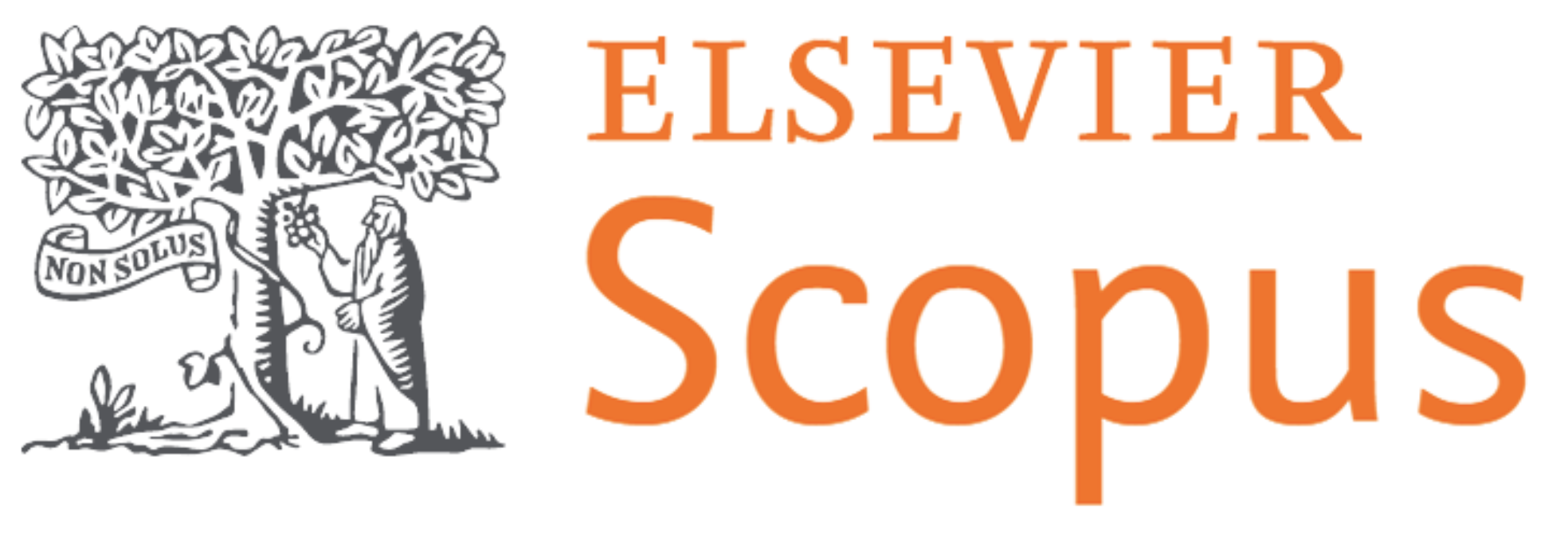CAATINGA AND THE OPPORTUNITY IN MITIGATING GREENHOUSE GAS EMISSIONS BY AGRO-PASTORAL ACTIVITIES
DOI:
https://doi.org/10.17765/2176-9168.2018v11n2p639-661Keywords:
Emission of methane, Small ruminants, Tannin, NutrientAbstract
Climatic changes caused by anthropogenic greenhouse gas emissions are the most significant themes at present. Agriculture and livestock have been identified as one of the sources of greenhouse gas emissions. This is especially true for cattle due to their emission of methane (CH4), enterically-derived and from wastes, and to the emission of nitrous oxide (N2O) from pastures and grain production. Methane from ruminants is mainly the product of processes involving microorganisms in the rumen. They use nutrients from ingested food as substrates and produce several compounds as products of metabolism, methane included. The emission of methane is therefore directly related to ruminant animals´ diet. The emission of nitrous oxide is related to animals´ solid and liquid wastes through the transformation of urine-urea into N2O. Feeding methods have to be more efficient and adequate, warranting the rumen´s correct functioning, so that the product of ruminant animals would be more efficient, sustainable and environmentally friendly. The Brazilian caatinga or shrubland has a wide range of trees and shrubs, and, therefore, forage sources with different characteristics from those of the common pastureland. The above is due to nutritional aspects such as compounds derived from secondary metabolism of vegetal species which may be directly perceived in the animal´s performance and methane emission.Downloads
Additional Files
Published
2018-06-29
How to Cite
Alves, A. R., Medeiros, A. N. de, Andrade, A. P. de, Frighetto, R. T. S., & Silva, M. J. S. (2018). CAATINGA AND THE OPPORTUNITY IN MITIGATING GREENHOUSE GAS EMISSIONS BY AGRO-PASTORAL ACTIVITIES. Revista Em Agronegócio E Meio Ambiente, 11(2), 639–661. https://doi.org/10.17765/2176-9168.2018v11n2p639-661
Issue
Section
Revisão
License
A Revista se reserva o direito de efetuar, nos originais, alterações de ordem normativa, ortográfica e gramatical, com o intuito de manter o padrão culto da língua, respeitando, porém, o estilo dos autores. As opiniões emitidas pelos autores são de sua exclusiva responsabilidade.Os direitos autorais pertencem exclusivamente aos autores. Os direitos de licenciamento utilizado pelo periódico é a licença Creative Commons Attribution
 Creative Commons Atribuição 4.0 Internacional. São permitidos o compartilhamento (cópia e distribuição do material em qualquer meio ou formato) e adaptação (remixar, transformar, e criar a partir do trabalho, mesmo para fins comerciais), desde que lhe atribuam o devido crédito pela criação original.
Creative Commons Atribuição 4.0 Internacional. São permitidos o compartilhamento (cópia e distribuição do material em qualquer meio ou formato) e adaptação (remixar, transformar, e criar a partir do trabalho, mesmo para fins comerciais), desde que lhe atribuam o devido crédito pela criação original.










